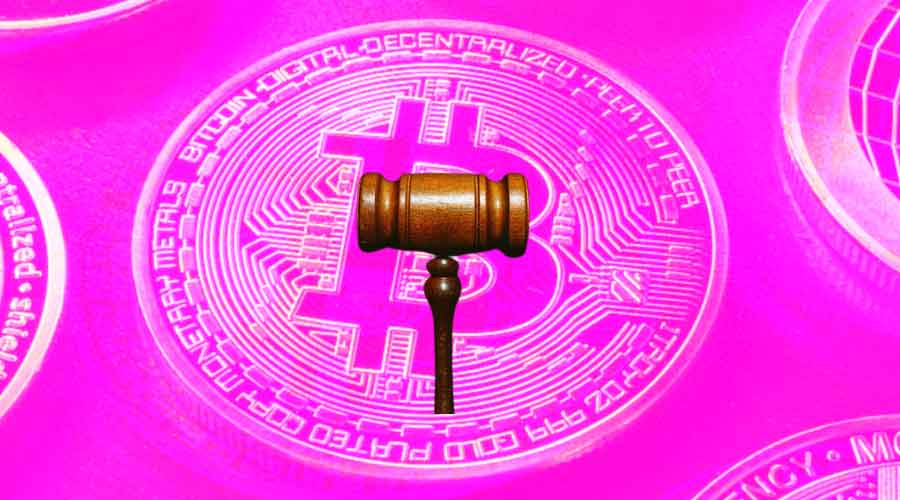 Exploring Regulatory Dynamics: Bitcoin Faces Challenges and Opportunities on the Horizon in 2023
Exploring Regulatory Dynamics: Bitcoin Faces Challenges and Opportunities on the Horizon in 2023
Although bitcoin and other crypto assets have been available for more than ten years, recent efforts to regulate and make them legal have increased. This is due to Bitcoin and other crypto assets transitioning from being a niche product utilized by cypherpunks to having a more widespread presence as instruments for savings and investments due to the phenomenal rate of adoption and the increase in market capitalization. Applying current regulatory frameworks to crypto assets or creating new ones may frequently be rather difficult. The crypto ecosystem is growing quickly, so keeping up with it in a global setting with many actors may be challenging.
How Bitcoin and other digital assets are legally classified is crucial in deciding how they will likely be taxed. The key difference is whether these assets should be classified as a currency, a commodity (in which case capital gains regulations apply), or under a whole new category. Like any other asset, crypto transactions are taxable.For instance, while Bitcoin and other crypto assets are not outlawed in India, it is still unclear if they are legal or not. Last year, India’s Finance Minister, Nirmala Sitharaman, suggested taxing digital assets, which sparked a heated discussion on whether or not cryptocurrency is legal in that nation. But as of right now, the government has not yet issued any formal statements on the legitimacy of Bitcoin or any other cryptocurrency asset.
The trust between peers and the underlying blockchain network is the foundation for all transactions on the Bitcoin network. But there is a risk if there are no fundamental consumer protection regulations. For instance, there is no provision for reimbursements resulting from customer-merchant conflicts. The victim might not be able to provide sufficient legal proof to seek damages in the event of any breach. Furthermore, the victim of any scam is completely unaware of their legal options. Since the culprit is anonymous, it could be challenging to determine anything about them, such as their whereabouts. Financial fraud and data theft are two more urgent legal issues. Data theft and financial fraud emanating from crypto assets may not be covered by current data regulations.
The use of crypto assets for terrorism, tax evasion, corruption, and political finance presents another difficulty for lawmakers. While unlawful actions can occur with traditional financial assets, the anonymity, worldwide reach, ease of storage, and generally difficult access by law enforcement make crypto assets a preferred method of payment for criminals. Additionally, there is no third party or body with sole authority to resolve disagreements or render judgment on these matters. The future belongs to assets like Bitcoin, without a doubt.
Legislators may take a number of actions to solve these issues, including establishing a clear regulatory and taxing framework and enacting consumer protection laws. By doing this, the market will become more acceptable and organized, customer confidence will increase, and the boundaries of what is acceptable will be established. Additionally, it is critical that the legal and regulatory challenges are resolved as quickly as possible in order to safeguard investors and other ecosystem players and provide a secure environment for further innovation.




